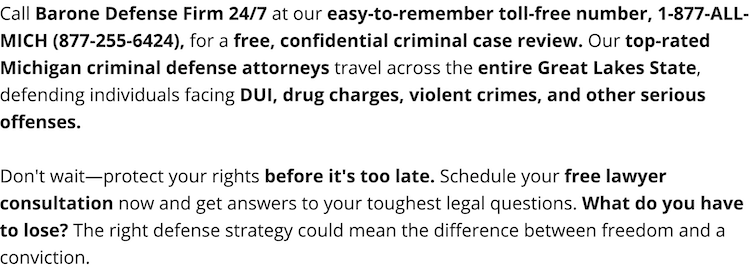How Does the United States Bureau of Prisons Make Housing Determinations?
After you have been sentenced to spend time in a federal prison you will eventually be taken into custody of the Federal Bureau of Prisons (BOP). Depending on the status of your bond, this may happen immediately, or you may be allowed to voluntarily surrender. If the court allows you to voluntarily surrender, then it will be your responsibility to do so, and in this regard, the U.S. Marshals Service will provide you with a surrender date and the name of the prison where you are to surrender. It is also possible that you will be told to surrender to the USMS directly.
Regardless of how you arrive there, shortly before you arrive at the designated institution, the BOP will make decisions about what prison is most appropriate for you. Housing determinations are based on a variety of things including an inmate’s:
- place of primary residence prior to incarceration,
- physical, emotional, and mental health,
- type of conviction,
- faith-based needs,
- dietary needs,
- individual circumstances,
- any recommendations made by the sentencing judge, and;
- other security concerns of the BOP.
Much of the information used by the BOP in making these determinations will come from your presentence investigation and report. See 28 CFR § 524.11.
In looking at the mental and emotional health, the BOP will consider things such as issues or problems managing anger, past and present substance use, abuse or addiction, and other conditions such as dyslexia.
Additionally, because federal criminal cases are based on federal law, the federal BOP has facilities throughout the United States. However, the First Step Act provides that the BOP must try to place an inmate in a facility that is as close as practicable to the prisoner's primary residence, and again, as much as possible, in an institution that is 500 miles or less from the primary residence.
What About Special Housing Units?
The law behind Special Housing Units is found at 28 CFR § 541.21. Special Housing Units (SHUs) are places where inmates are housed separately from the general prison population. The idea behind SHUs is that some prisoners are not fit for inclusion in the larger institution, and SHU’s help "ensure the safety, security, and orderly operation of correctional facilities.”
At each institution, a newly arrived inmate will need to be cleared by the institution’s medical department. See CFR 28 § 522.2. This includes a physical and social interview. The medical staff will be assisting the prison warden in determining if the inmate is suitable for the general population or if they should be considered for a Special Housing Unit (SHU). The medical staff will be considering the inmates physical appearance and mental and emotional health. Based on these interviews and evaluations a prisoner will either be placed into the general population or placed into a SHU. Work assignments may also be curtailed.
Other Security Needs in Sex Crime Cases
Finding safe appropriate housing for a sex offender can be difficult, especially for those convicted of possessing, distributing, or producing child pornography. These sex offenders are subject to being targeted by other prisoners and may be at higher risk for abuse. As indicated above, one of the factors the BOP considers in making housing determinations is “other security needs,” and this includes the increased security need for sex offenders.
Because the BOP recognizes sex offenders to be a “vulnerable population,” the BOP has developed a variety of Sex Offender Management Programs (SOMP). These programs are provided institutions designed and designated to assist with these security needs. One of the primary goals of SOMP institutions is to reduce the need for SHU placement, or the need to house sex offenders in protective custody.
These specialized institutions also have both residential as well as non-residential sex offender treatment programs. SOMP institutions encourage participation in these programs in part by maintaining a prison population that consists mainly or entirely of like-offenders. These SOMP institutions also have risk management services which are designed to help eliminate the possibility of assault or abuse. The only SOMP within 500 miles of Michigan is FCI Elkton in Ohio and USP Marion in Illinois.
What Can a Judge Order the Bureau of Prisons to do Regarding Prisoner Placement?
The United States District Judge in your case will have limited authority or ability to influence where you are housed. According to 18 USC § 3621(b) the BOP has the ultimate authority to decide prisoner placement. As indicated above, the BOP is required to considered various factors, and these include any recommendation made by a sentencing judge. However, while the BOP will try to place the prisoner in the facility recommended by the judge, if this institution is otherwise in appropriate because it does not meet the prisoner’s security level, mental or physical health needs, or if there simply is no bed available there, the BOP will make substitute arrangements.
 Barone Defense Firm Home
Barone Defense Firm Home
















